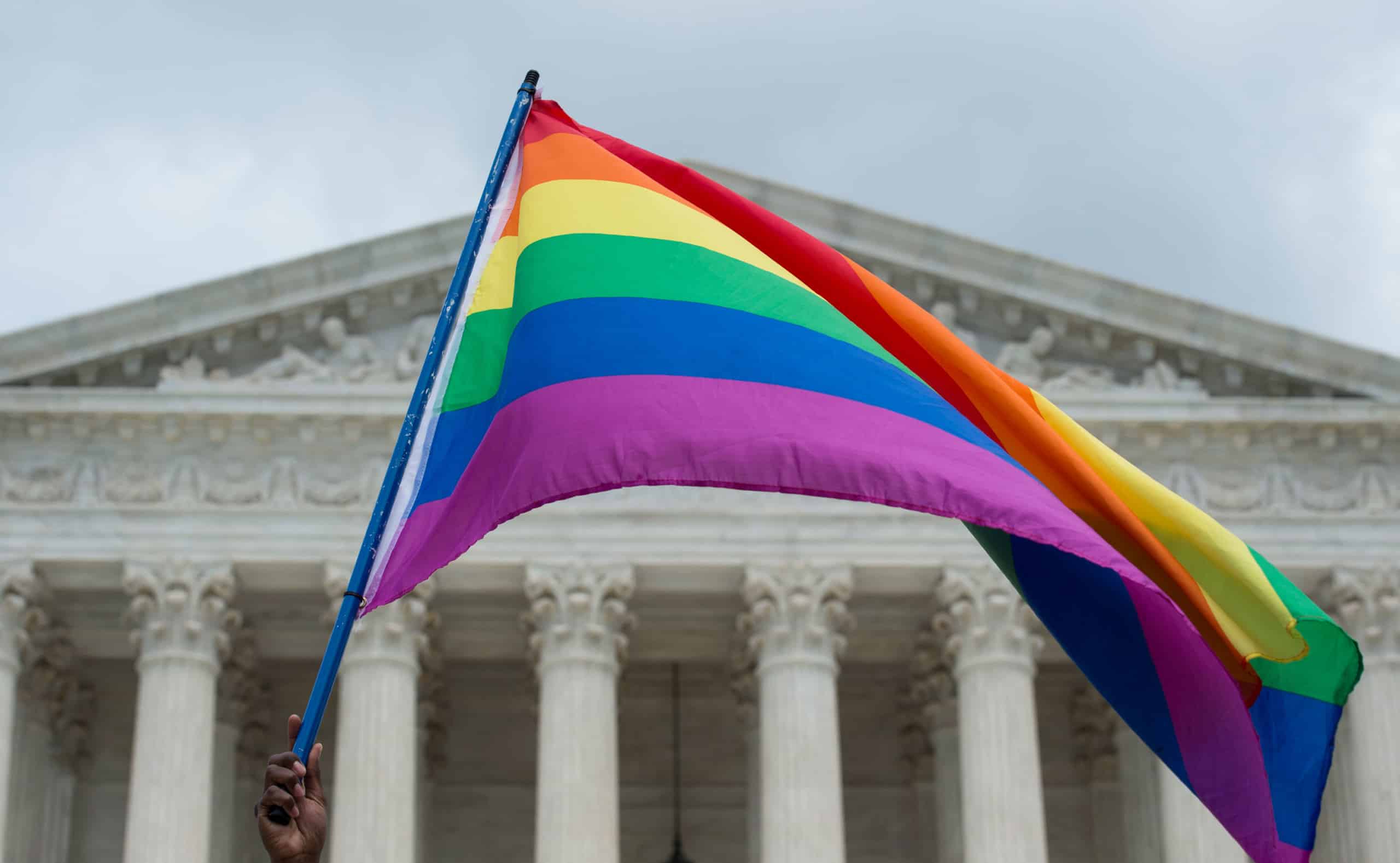Month: June 2020

The Supreme Court Rules To Protect LGBTQ Workers From Discrimination
On Monday, June 15, the United States Supreme Court, in a 6-3 opinion, held in the case of Bostock v. Clayton County, GA, Case No. 17-1618, that an employer who discharges an employee for being gay or transgender violates the anti-discrimination statutes contained at 42 U.S.C. 2000e, et seq., referred to as Title VII of the Civil Rights Act of 1964.
Title VII prohibits discrimination based upon “sex”. Prior to the Court’s ruling, there was a split of opinion as to whether discrimination based on sexual orientation or transgender status fell within the prohibition against sex discrimination. In other words, was firing someone based on sexual orientation firing someone because of his or her “sex”.
The language of Title VII makes it unlawful to discriminate in employment decisions “because of such individual’s race, color, religion, sex, or national origin.” The Court’s opinion, authored by Justice Gorsuch, stated that, “An employer who fires an individual for being homosexual or transgender fires that person for traits or actions it would not have questioned in members of a different sex. Sex plays a necessary and undisguisable role in the decision, exactly what Title VII forbids.”
The ruling rests primarily upon a simple, straightforward textual reading of the statute. Simply put, Justice Gorsuch’s guiding principle was to give operation to the “plain and ordinary” meaning of the words Congress used in Title VII. He used a simple example to illustrate that firing someone because he or she is homosexual is firing someone because of “sex”.
An individual’s homosexual or transgender status is not relevant to employment decisions. That’s because it is impossible to discriminate against a person for being homosexual or transgender without discriminating against that individual based on sex. Consider, for example, an employer with two employees, both of whom are attracted to men. The two individuals are, to the employer’s mind, materially identical in all respects, except that one is a man and the other a woman. If the employer fires the male employee for no reason other than the fact he is attracted to men, the employer discriminates against him for traits or actions it tolerates in his female colleagues. Put differently, the employer intentionally singles out an employee to fire based in part on the employee’s sex, and the affected employee’s sex is a but-for cause of his discharge.
The Court’s ruling has immediate precedential effect, and means that employees who are discriminated against in the workplace based upon homosexuality or transgender status have a cause of action under the discrimination statutes for that discrimination.
This information was prepared by Brian Clark.

